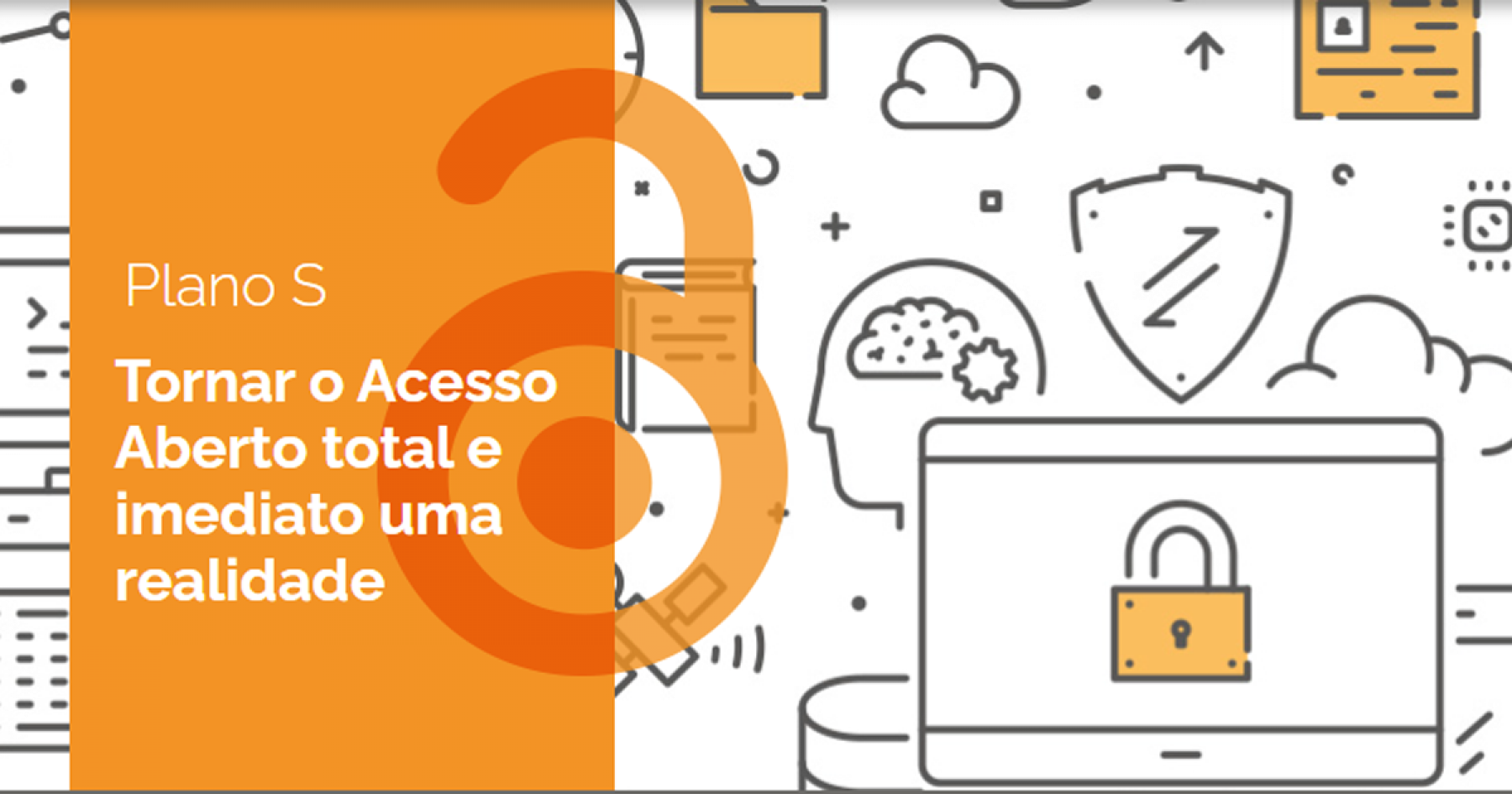Open Access by default: The Plan S in Portugal
A European initiative that mandates the open access availability of all scientific publications that result from publicly funded research, Plan S, launched in 2018, is being implemented in Portugal by the Foundation for Science and Technology (FCT). Plan S requires that, from 2021 onwards, publications must be made available in compatible open access journals or platforms, or by publishing in open access repositories.
In Portugal, in early 2021, during the Portuguese presidency of the Council of the European Union, FCT announced that it would implement Plan S in the country from January 2022. The action will promote the accessibility, to the entire scientific community, of the results of publicly funded research activities in Portugal, allowing the investment made by the foundation to contribute to the acceleration of knowledge.
In January 2022, the Foundation for Science and Technology updated the forecast for the implementation process of Plan S until 1 July 2022, also informing that it had triggered a process leading to the implementation of transformative agreements, through the negotiation of contracts with most of the b-on publishers, for the three year period 2022-2024. These agreements will ensure that authors from b-on institutions can publish in open access at no cost, under the conditions contracted with each of the editors.
The Foundation also reported on the review of its Open Access and Open Science Policy in 2022.
At FCT, the path of transition to Open Science was initiated in 2014, when it launched its Open Access Policy. The policy already advocated for the open access availability of publications funded or partially funded by the Foundation, despite admitting some embargoes with stipulated deadlines for certain types of publications.
An initiative that precedes the national policy, the Open Access Scientific Repositories of Portugal (RCAAP) project was created in 2008 to increase the visibility, accessibility and dissemination of the results of national academic activity and scientific research by facilitating access to information on Portuguese scientific production on an Open Access basis. Furthermore, RCAAP's proposal is to integrate Portugal into a set of international initiatives in this domain. Its creation was preceded by the recommendation of the Council of Rectors of Portuguese Universities (2006) for the establishment of institutional repositories and their aggregation into a single portal.
RCAAP is an initiative of the Agency for the Knowledge Society ("Agência para a Sociedade do Conhecimento" - UMIC), implemented by FCCN - Foundation for National Scientific Computation. The project execution counts on the scientific and technical participation of Minho University. It is financed by the Knowledge Society Operational Programme and by UMIC.
The set of activities developed under the RCAAP project is grouped around four axes and services: the RCAAP Portal, the Institutional Repositories Hosting Service (SARI), the Scientific Journals Hosting Service (SARC) and the Communication, Dissemination and Training services.
See the List of Portuguese Institutions with Open Access Policies.
The Open Access Policy of the Foundation for Science and Technology (FCT) was adopted in May 2014. It is described in two terms: one of them focuses on publications, when institutional repositories have already been implemented in most higher education institutions; the other is devoted to data and other results of projects financed by FCT.
In 2016, the Council of Ministers approved the Guiding Principles of the National Open Science Policy. It reinforces the imperative of "sharing, in open access, all knowledge produced, especially when it is financed by public resources" (Resolution of the Council of Ministers, March 24, 2016). In a sentence, "knowledge belongs to everyone and for everyone".
In accordance with the guiding principles, the State and its member organizations must assume:
a) Open access to publications resulting from publicly funded research;
b) Open access to scientific data resulting from publicly funded research;
c) The guarantee of preservation of scientific publications and data in order to allow their reuse and continued access.

